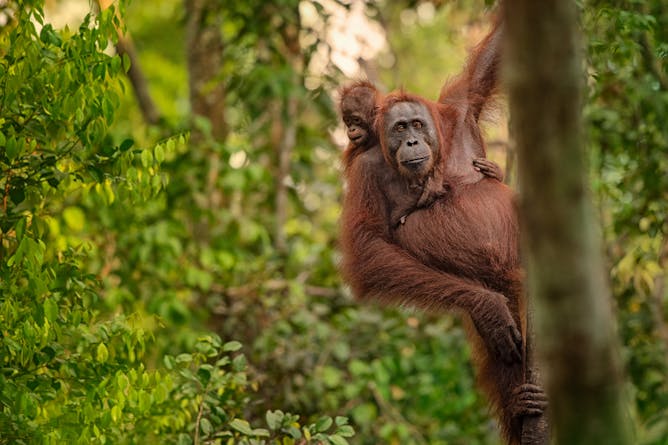|
Rishi Sunak will officially become British prime minister today after being confirmed as the only viable candidate in the race to replace Liz Truss.
Sunak saw off a short-lived but frankly rather stressful comeback bid from Boris Johnson that the nation could probably have done without this weekend. It has, after all, been an exhausting few weeks watching the Conservative party convulse. If your head is spinning trying to keep up with all this chop and change, you are not alone, so Victoria Honeyman has put together a briefing that charts Sunak’s rapid and eventful rise.
The new prime minister is the second to take office in as many months without an election taking place. But he has a positive claim to fame, too – as the first ever non-white British prime minister. Amid all the drama of his arrival, it is worth taking a moment to celebrate this milestone. But the job will be tough and Sunak faces a very different economy to the one he left as chancellor.
Meanwhile, scientists have been trying to work out why manipulating light can induce psychedelic experiences and others have a radical proposal that has the potential to save the orangutan from extinction.
|

|
Laura Hood
Politics Editor, Assistant Editor
|
|

Victoria Honeyman, University of Leeds
It has been a short but very eventful journey to the top for a man who has only been in parliament since 2015.
|

Alan Shipman, The Open University
Rishi Sunak is taking over as UK prime minister from Liz Truss during very difficult economic times.
|

Matthew MacKisack, University of Exeter; Reshanne Reeder, Edge Hill University
Flickering light can make people see different colours and shapes or feel altered emotions or sense of time.
|

Erik Meijaard, University of Kent; Serge Wich, Liverpool John Moores University
Setting aside half of Borneo would significantly reduce their decline, say experts.
|
Politics + Society
|
-
Parveen Akhtar, Aston University
Sunak’s grandparents were born in India before travelling to East Africa, where his parents were born.
-
Konstantinos Tsimonis, King's College London
Xi is now the most powerful Chinese leader since Mao Zedong.
-
Kambaiz Rafi, SOAS, University of London
The National Resistance Front controls large swaths of territory in the north-east of Afghanistan.
-
Chi Zhang, University of St Andrews
Social media commentary about the sale of menstrual products on trains is a glimpse into modern feminist debates in China.
|
|
Business + Economy
|
-
Lorenza Rossi, Lancaster University
Some contracts are set to rise by more than inflation, here’s how to reduce the cost of living impact of such bills.
|
|
Health
|
-
Neil Mabbott, The University of Edinburgh
An immunologist looks at the evidence.
-
Bridget Kiely, RCSI University of Medicine and Health Sciences; Susan Smith, Trinity College Dublin
A new review finds an absence of evidence for social prescribing.
|
|
Arts + Culture
|
-
Tok Thompson, USC Dornsife College of Letters, Arts and Sciences
A folklorist explains how Halloween continues an ancient Celtic tradition of the celebration of the dead.
|
|
Environment
|
-
Olumuyiwa Adegun, Federal University of Technology, Akure
Green spaces have the potential to reduce heat and improve health, especially in urban areas.
|
|
Science + Technology
|
-
Michael K. Cohen, University of Oxford; Marcus Hutter, Australian National University
Would an advanced AI try to take over the world? If it uses a common approach called ‘reinforcement learning’, the answer is almost certainly yes.
|
|
|
|
| |
|
|
26 October 2022
•
Manchester
|

|
3 November 2022
•
Birmingham
|

|
8 November 2022
•
Birmingham
|

|
|
|

|
|
|
|
| |
| |
| |
| |
| |
|
|